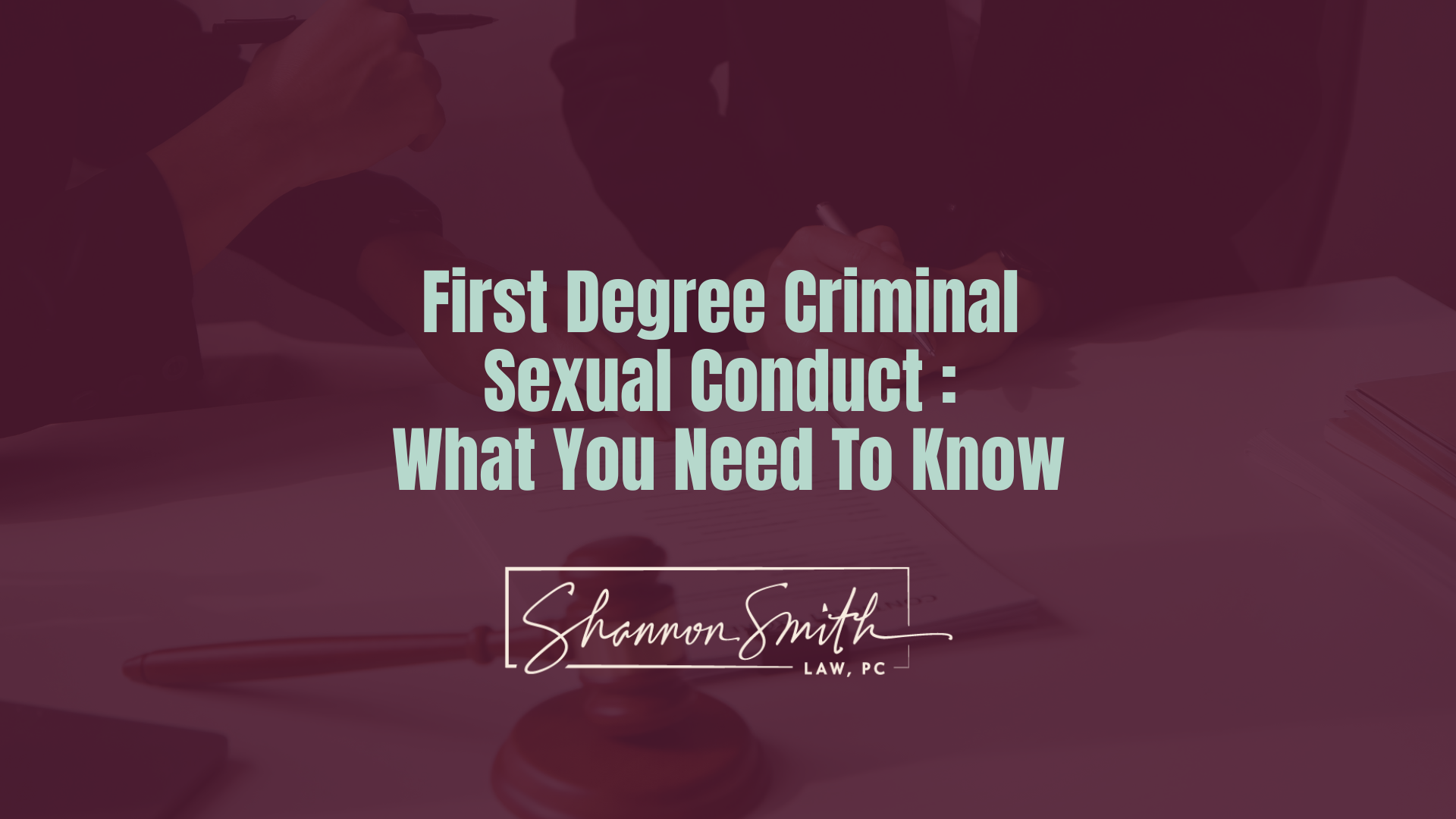Every week we get at least one phone call with the same question – “I have been accused of a crime, the police have asked me to take a polygraph….should I take the test to prove I’m innocent?”
When it comes to police polygraphs there is not a hard and fast rule that people should follow about taking them or not taking them. There are many things to consider before you do one, however, and it is important to have good legal advice about your particular situation.
Things to consider before taking a polygraph test in Michigan
In order to take an accurate polygraph, you have to know the specific allegations against you. It is not enough to know that you have been accused of criminal sexual conduct against a child or that someone from your past is claiming you committed a sexual assault against them.
Without detailed information and specifics about the allegations, it would be very easy to test the wrong questions, and end up with a useless test. There are some people who cannot be tested.
For example, patients undergoing chemotherapy and people who take certain medications cannot be polygraphed. Further, in many of our cases, drinking and intoxication can play a role in someone’s ability to pass. Quite frankly, it is easy for innocent people to fail. Polygraphs are particularly difficult to use when the issue in the case comes down to one of intent.
This is frequently the issue in criminal sexual conduct cases when people have had consensual sexual encounters.
Benefits of taking a private polygraph test prior to the police test
As criminal defense attorneys, it would be malpractice to not advise a client to try a private test prior to taking any kind of police test.
At the private test, an ex-police officer or someone who is trained and credentialed in polygraphs can examine you to see if you have a likelihood of passing the police test.
A private examiner will hook you up and question you just like the police would and see what your charts reflect when asked certain questions.
Private tests are easy to set up and inexpensive.
It is also important to know that any polygraph, a private or police polygraph, cannot be used against you in court. Therefore, before you agree to take a police polygraph, it is important to have an agreement with the prosecuting attorney’s office that they will not issue charges if you pass. This agreement has to be in writing.
Downsides of a polygraph test
Our office has seen cases where an accused person took a polygraph, passed it, even with the state polygrapher, and the prosecutor’s office still issued charges. For that reason, there is absolutely no benefit to taking one unless you have a clear agreement, in writing, that spells out you will not be charged.
It is also possible that the police intend to use the polygraph as an interrogation technique versus truly seeking the truth. We have seen cases where people were told they did not pass a police polygraph.
Then, the examiner encouraged the person to admit to more information so that the examiner could “help” them get a passing result. After believing they “failed” the test, whether they really did or not, many people will start telling the police more information.
Often these statements amount to incriminating evidence against the accused. And often, the incriminating evidence was achieved through this common interrogation technique.
For that reason it is important to know whether the polygraph is being used as an interrogation technique. In many cases you will not know this before going into a police polygraph.
Contact Smith Lehman if you\’ve been asked to take a polygraph test
By having good advice from an attorney, you can at least be prepared and know what to watch for. So although the question seems simple enough, the answer is of course complicated.
It is critical to consult with an attorney to evaluate your specific situation if you’ve been asked to sit for a polygraph.




